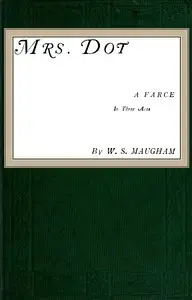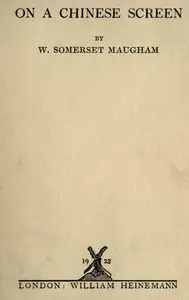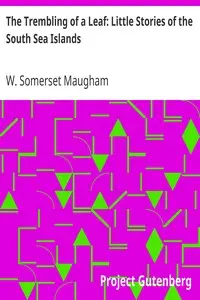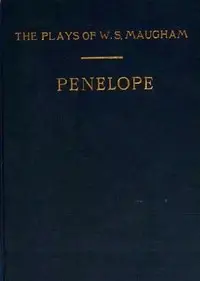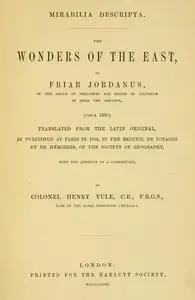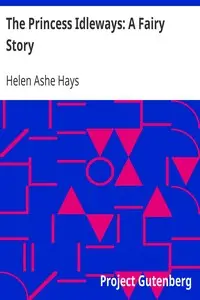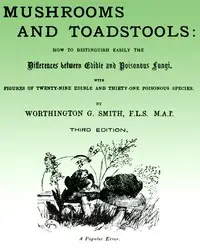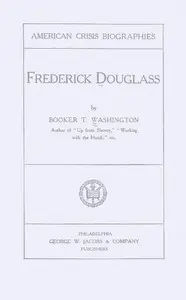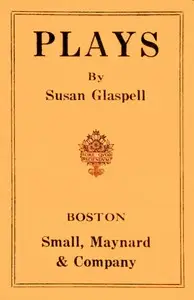"The Unknown; A Play in Three Acts" by W. Somerset Maugham is a drama written in the early 20th century. The play revolves around the lives of ordinary characters, primarily focusing on Colonel Wharton, his wife Mrs. Wharton, and their son John, who has just returned from the war. Set in a country manor, it explores themes of life, death, faith, and the complexities of human emotions against the backdrop of post-war society. At the start of the play, we are introduced to the Wharton family in their manor house, amidst the mundane preparations for a meal and the anxieties surrounding John's return after being wounded in battle. The atmosphere is a mix of excitement and worry, as John's prolonged absence has strained family dynamics, especially concerning his father's health. The poignant conversations hint at underlying tensions, particularly John's struggle with faith and the weight of expectations from his family, culminating in a moment of revelation regarding his beliefs. The opening sets the stage for a deeper exploration of personal and existential dilemmas influenced by the aftermath of war, while simultaneously addressing the nuances of familial love and societal norms. (This is an automatically generated summary.)
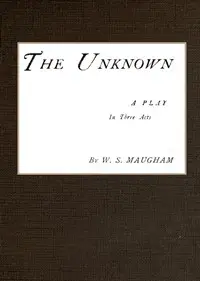
The Unknown; A Play in Three Acts
By W. Somerset (William Somerset) Maugham
"The Unknown; A Play in Three Acts" by W. Somerset Maugham is a drama written in the early 20th century. The play revolves around the lives of ordinar...
William Somerset Maugham was an English writer, known for his plays, novels and short stories. Born in Paris, where he spent his first ten years, Maugham was schooled in England and went to a German university. He became a medical student in London and qualified as a physician in 1897. He never practised medicine, and became a full-time writer. His first novel, Liza of Lambeth (1897), a study of life in the slums, attracted attention, but it was as a playwright that he first achieved national celebrity. By 1908 he had four plays running at once in the West End of London. He wrote his 32nd and last play in 1933, after which he abandoned the theatre and concentrated on novels and short stories.

